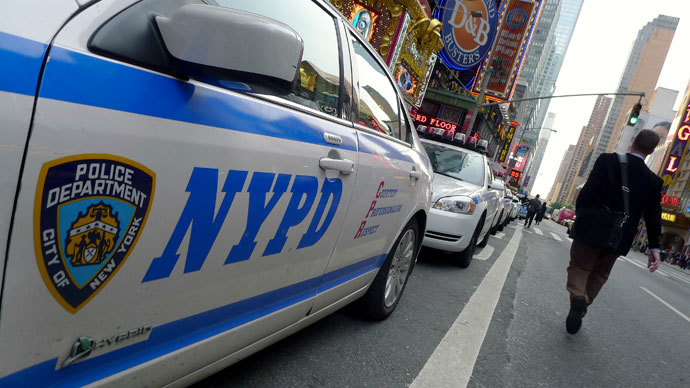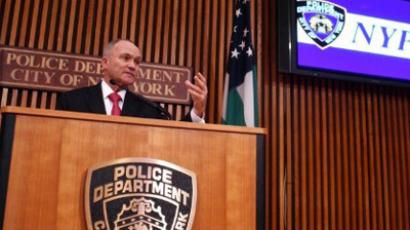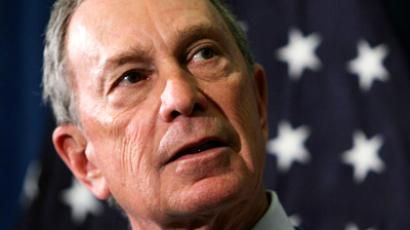Attorney for New York City says NYPD was right to spy on Muslims

The New York City Police Department was right to operate a program that put undercover officers in mosques to spy on Muslims, an attorney for the city argued in federal court this week.
In an attempt to have a lawsuit filed by the American Civil Liberties Union tossed out of court, city attorney Peter Farrell said Thursday that the NYPD had valid reason to conduct surveillance specifically targeting Islamic men and women, their businesses and places of worship.
The program, conducted by the NYPD’s so-called Demographics Unit and uncovered in 2011 through an Associated Press investigation, singled out area Muslims and people of Middle-East descent as fair game as part of an alleged counterterrorism operation conducted with the assistance of a former high-ranking Central Intelligence Agency officer.
The "Muslim surveillance program," the ACLU argued in their complaint filed in June, "imposed an unjustified badge of suspicion and stigma on hundreds of thousands of innocent New Yorkers."
In court this week, Farrell said that before the case continues, US Magistrate Joan Azrack should let the city introduce evidence specific to the six plaintiffs being represented by the ACLU.
According to the attorney, the evidence will show that the city was justified in running its spy program because those plaintiffs in particular had documented ties to people, places or activity associated with extremist ideologies.
"If it turns out that there is an adequate basis for investigating these six plaintiffs, then that's it, the case is over," Farrell told the judge.
ACLU attorney Hina Shamsi said the city’s tactic was "inflammatory, incendiary innuendo," and, as Newsday’s John Riley reported, “displayed the same disregard for First Amendment freedoms as the lawsuit challenged.”
"They are using speech, protected activities and unwitting associations as reasonable suspicion," Shamsi said.
Farrell hopes he will get to soon show the court that the two mosques, three individuals and a charity represented by the ACLU exhibited certain connections that justified surveillance.
According to the AP, police say one of the mosques was frequented by a man who was recently convicted for lying to the Federal Bureau of Investigation about wanting to join the Taliban or al-Qaeda. The security team of the other mosque allegedly sponsored survival team outings in which participants were dubbed “jihad warriors,” the city wants to show.
The city filed a letter with the court earlier this week insisting “the NYPD followed leads suggesting that certain individuals in certain mosques may be engaging in criminal and possibly terrorist activity.” The agency did not, the city claimed, target mosques “simply because the attendees were Muslim.”
The city also said that one of the plaintiffs “made statements" supporting violent jihad, another tried to organize a trip to Pakistan to train with “extremists” and a third testified as a character witness during the trial of a blind sheik convicted in the 1990s of plotting to blow up landmarks in NYC.
In a statement about the city’s strategy, the ACLU called it “deliberate distraction at best,” and, at worst, “it verges on the very type of discriminatory and meritless profiling at the heart of this case."
For two years, the AP has reported on the NYPD’s Demographics Unit with the help of leaked documents revealing the city would “deploy officers in civilian clothes throughout the ethnic communities.”














